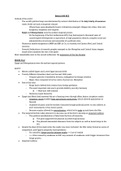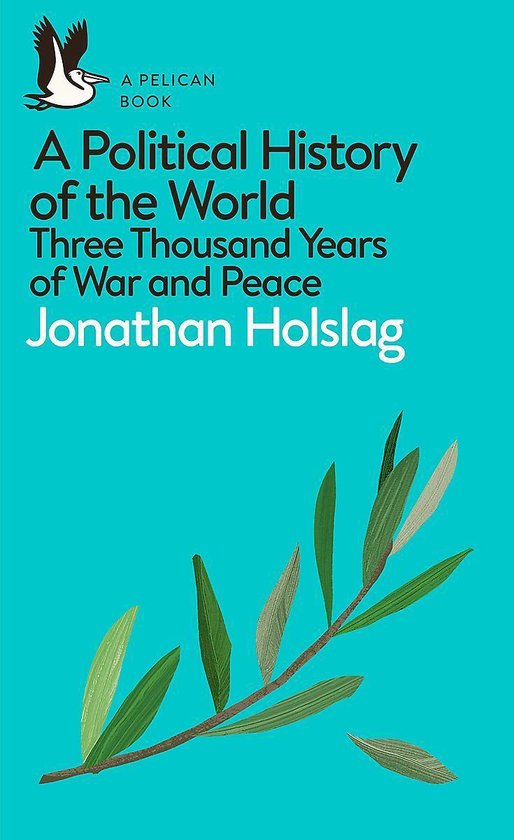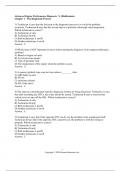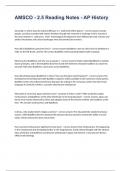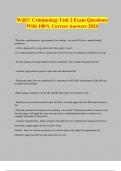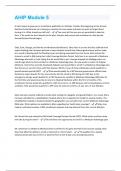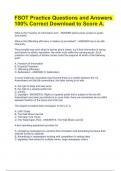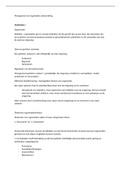Samenvatting
Summary History of International Relations Chapter 1 (Before 1000 BCE) (Holslag)
- Vak
- Instelling
- Boek
(Very) detailed summary: the level of detail expected in the January 2021 session I received a 17/20 with this Structure: - important points in the given period - specifics information split by regions - Each chapter summary ends in a (brief) discussion of the relevant points for each of...
[Meer zien]
